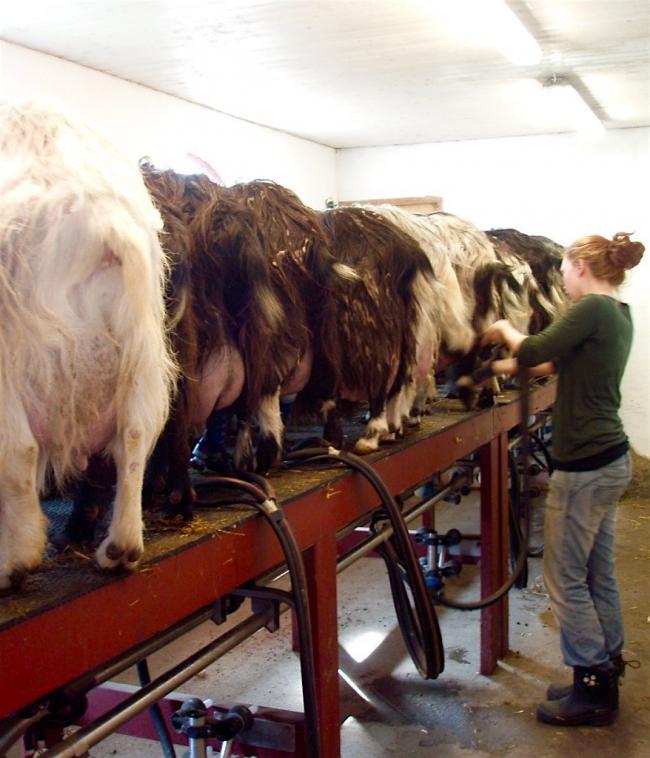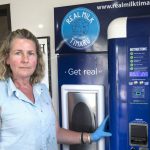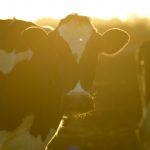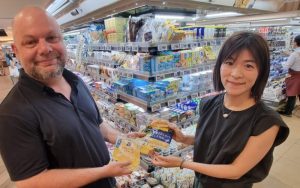Covering sustainability, nutrition, animal health, milk production strategies and processing technologies, quality and safety from farm to table and novel milk products, the symposium will be of vital interest to scientists and other professionals involved in the sheep, goat and other non-cow dairy sectors.
Confirmed speaker Dr Nicoline de Haan, senior researcher at the International Livestock Research Institute, Kenya, said: “The 1.84 billion goats and sheep globally play a vital role in the lives of livestock keepers, providing income and invaluable nutrition. Their management is often done by women, providing livelihoods and a path out of poverty for many. The symposium presents a valuable opportunity to find out more about this essential part of the dairy sector.”
Presentation topics include socio-economic sustainability, policies and social aspects of non-cow milk production, improving animal production, the role of goat milk for early life nutrition and other life stages, processing technologies for non-bovine milk and the opportunities and challenges presented by camel milk.
Camel milk expert and speaker Dr. Mutamed Ayyash, associate professor of food microbiology at UAE University, claimed: “Although challenging to produce, camel milk and its fermented products have proven to have therapeutic effects in autism, and also potential antitumor, hypocholesterolaemic, hypoglycaemic and antihypertensive effects, which pose significant opportunities for human health.”
Other confirmed speakers include Anna-Maria Baka, of the World Organisation for Animal Health; Dr Haim Leibovich, consultant on dairy systems, Israel; Dr Sophie Gallier, Dairy Goat Co-operative, New Zealand; Prof. Thom Huppertz. Wageningen University and Research, The Netherlands; Assist. Prof. Nurit Argov, Hebrew University of Jerusalem, Israel, and Prof Rachel Rupp, Institut National de la Recherche Agronomique, France.
“Among the benefits of this symposium is the opportunity to build a deep, mechanistic knowledge of the health properties of non-bovine milk and leverage this understanding into nutrition and management”, said Assist Prof Argov. “Those attending will have the opportunity to learn about a suite of safe and nutritionally valuable non-bovine milk products.”
Early bird registration closes on March 1, 2020. Information on how to reserve your place along with full details of the programme can be found on the IDF website www.fil-idf.org/sheepandgoat2020.





















